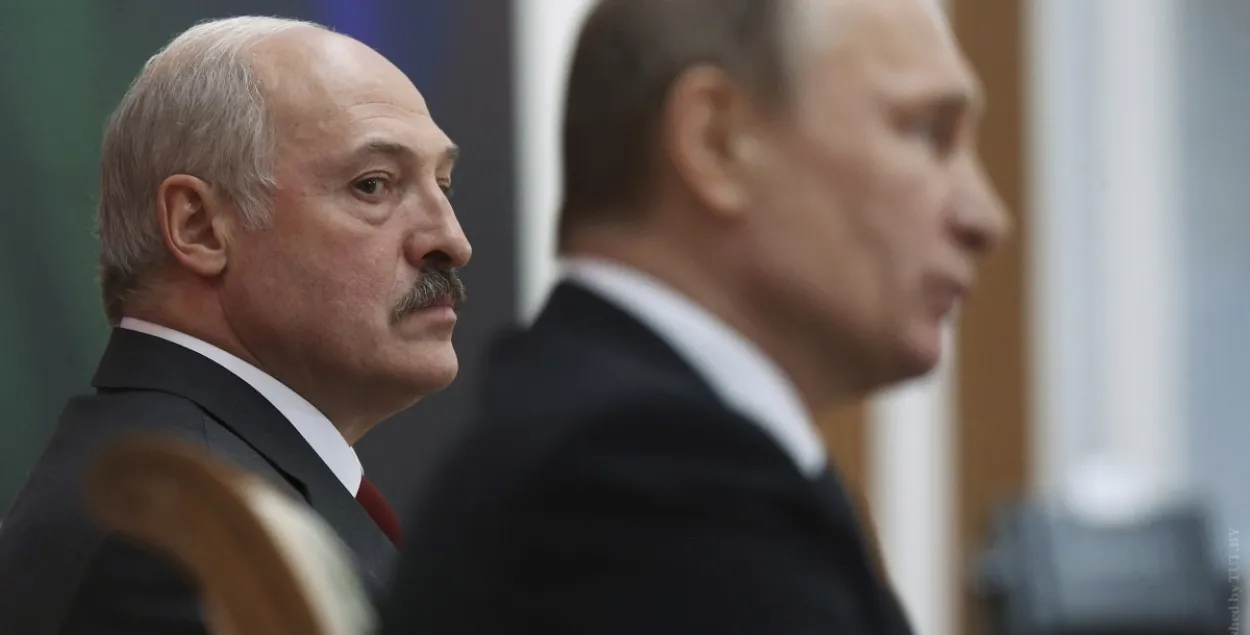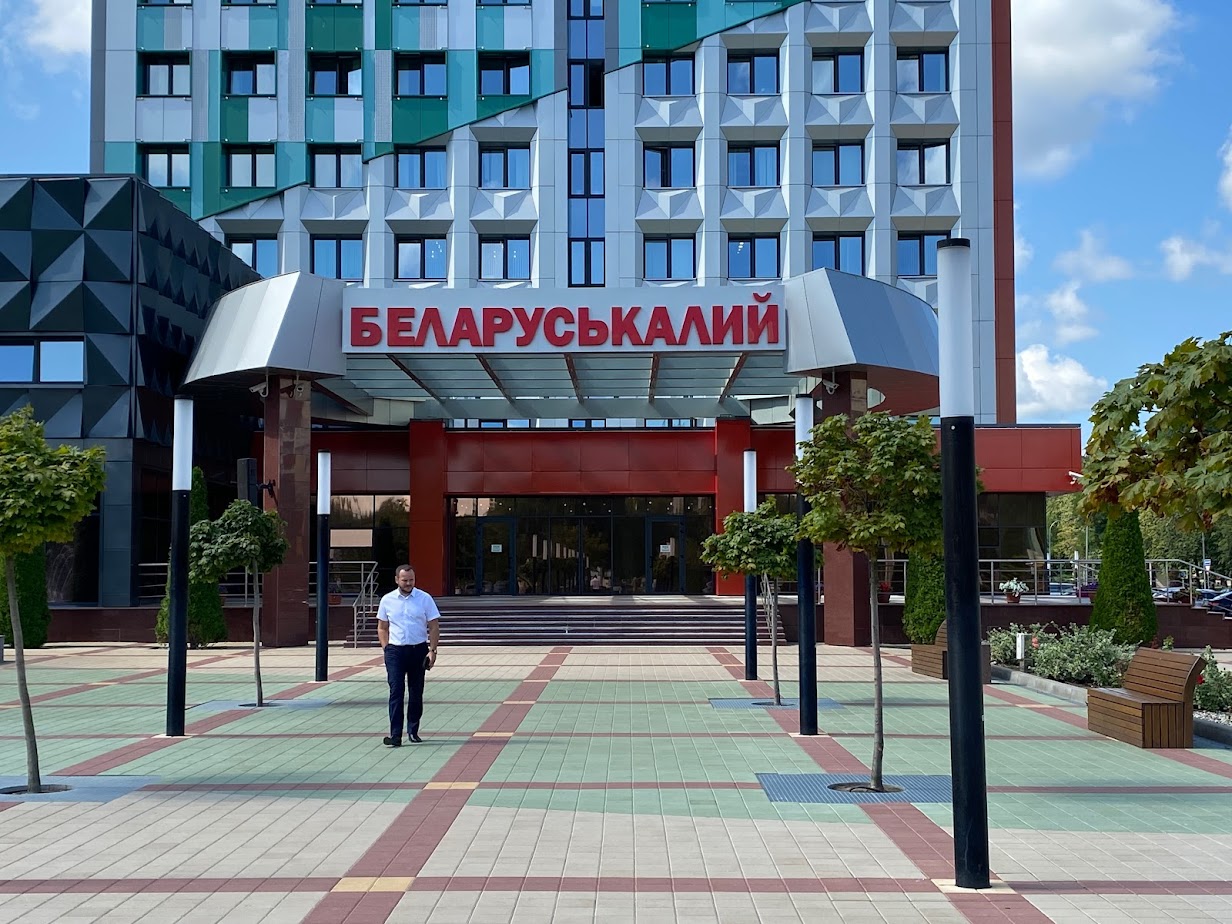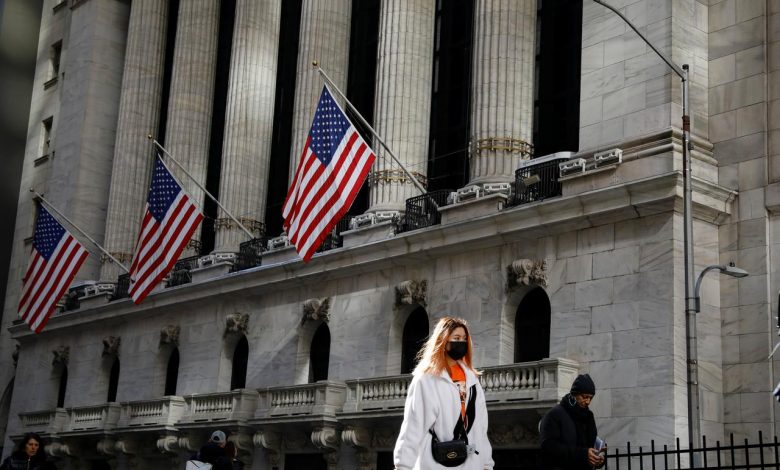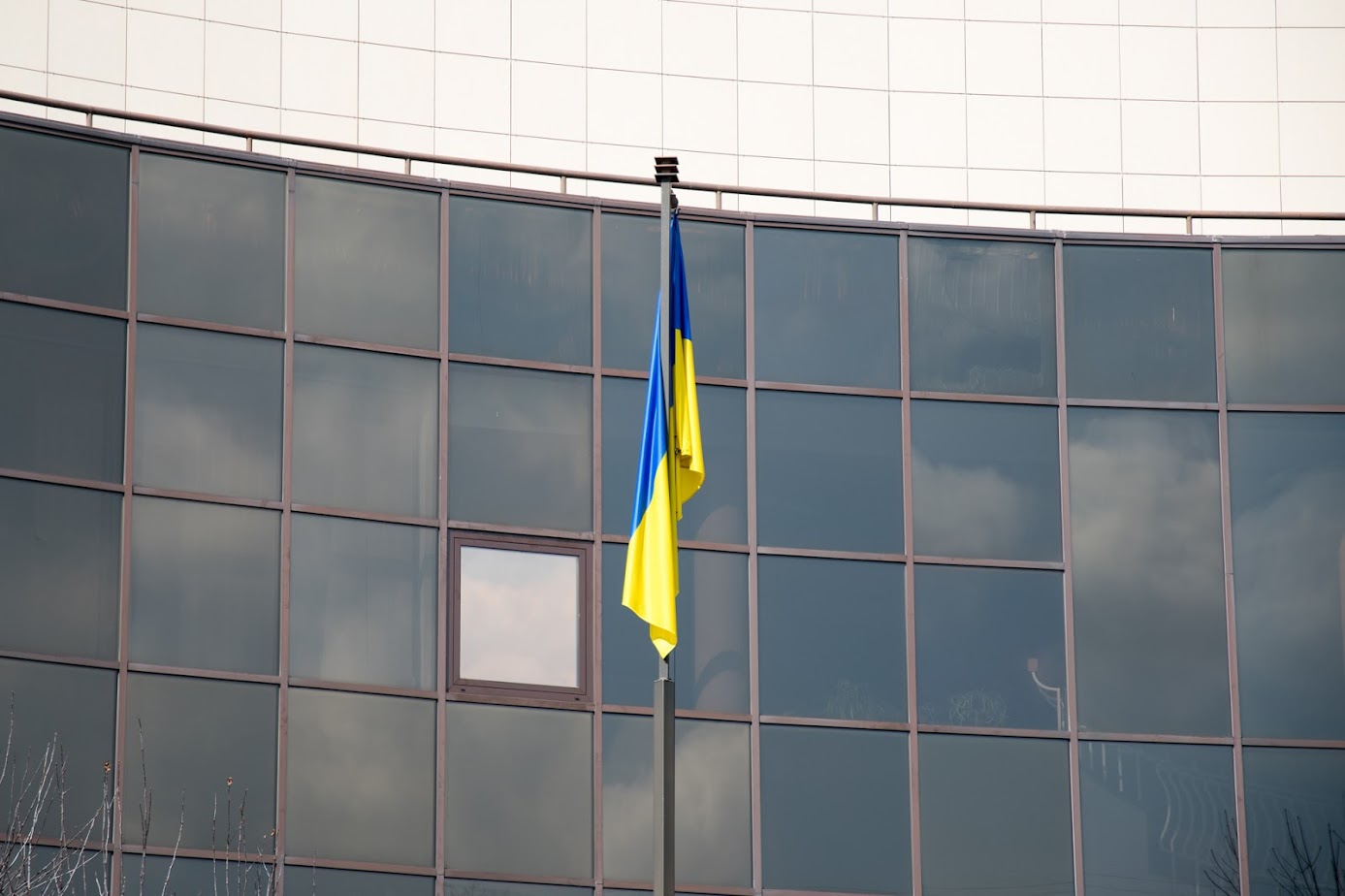A normal recession or severe crisis amid sanctions - pundit

Was the statement about Crimea meant for the one viewer who could give us a loan? / Reuters
Next year, Belarus won't make enough money to allow the economy to grow and the social expenses to stay the same. There will be no revenue from abroad to pay the debts. The only thing left is to rely upon Vladimir Putin's goodwill.
Together with an expert, we're figuring out what will be the effect of the EU's fifth package of sanctions and the coordinated sanctions of the US, UK and Canada. We will also explain why recognizing Crimea as Russian might be even more dangerous than the fifth package, and what will happen if we don't get a loan next year.
New sanctions work the same way as the old ones. Meaning, the assets of the blacklisted Belarusian companies are frozen in the EU, the US, UK, and Canada. The residents of these countries can't work with the sanctioned companies, either.
The EU sanctioned the following significant corporations: Belavia, Hrodna Azot, and its subsidiary Khimvalakno, Belorusneft, and Belshina. The US also banned the Belarusian Potash Company.
It is yet unclear how drastic these measures are. Lev Lvovsky, a senior researcher for the BEROC, notes that elaborations to the sanctions may follow, and it might turn out that not all of the blacklisted companies' products or services are banned. Say, not all potassium fertilizers were affected by the EU's fourth package of sanctions.
"Export miracle" inverted
Euroradio estimated that the EU sanctions against Hrodna Azot and Belorusneft alone will lead to a yearly loss of about $800 million in export. The precise start date is unknown since the sanctions don't affect the old contracts.
On top of that, last year, the US sanctioned Belarusian Potash Company supplied the States with $101 million worth of potassium fertilizers. The US gave its residents time until April 2022 to cease working with Belarus.
$901 million alone amounts to 3% of the total Belarusian export losses in 2020.
The US is not a significant trading partner for Belarus, and the American sanctions mainly affect the country through its partners.
"This is a very particular response from the financial system. Meaning, almost all of the world's central banks are tied to the US one way or another. They have head offices or subsidiaries located here.
So, sanctions against Belarusian Potash Company do not simply mean that it would be impossible to pay in United States dollars. Many banks will not even want to get involved with the sanctioned companies. To them, the US jurisdiction is far more critical."
The fact that the US prohibited the Ministry of finance and the Development bank from being funded for more than 90 days doesn't change anything, the expert judges. They couldn't get foreign funds since the Belarusian political crisis started. Now their position is regularized.
The state will have to support sanctioned companies
Some enterprises will make a quick recovery when the sanctions are over – they will still work when the international activity of Belarus returns to normal. Others, being unprofitable, will have to be saved.
"When it comes to Belarusian Potash Company and Belaruskali, we can safely say that everybody needs potassium, all the time. As soon as our partners can buy it through open market and without sanctions, they will. Just like they're doing it now," says Lev Lvovsky.
Belshina, though, will take a bigger hit. The company ended 2020 with a net loss of 191.65 million rubles.
Belshina is one of the most notable examples of state modernization. Whether the company holds depends on the current government agencies' decisions. Perhaps, Belarus will use the available resources to keep the afflicted companies alive. Many of them are located in one-company towns. So, closing them at once or bankrupting them is socially and politically dangerous. That's why it is possible money will be taken out from other industries.
Falling out with Ukraine is more expensive than sanctions
With our exports already struck by the sanctions, there's also a risk they may shrink further because of Aliaksandr Lukashenka's statements about Crimea. Ukraine is the second-largest trading partner of Belarus.
"Roughly an eighth of our export goes to Ukraine. We are somewhat economically dependent on it. And Aliaksandr Lukashenka understood that earlier. That's why Belarus didn't recognize Crimea as Russian for a long time. It was a certain symbol of our independent foreign policy. However, Ukraine is also dependent on Belarus regarding the power industry, specifically, petroleum products."
However, territorial integrity is one of the essential matters for Ukraine, its government, and especially its people."
Ukraine is in a very tight spot, and in terms of domestic policy, it's not easy for the country to turn a blind eye to Crimea recognized as Russian, notes the expert.
Next year when the exports drop, Belarus will either strike a bargain with Russia or cut down on state spending.
"Next year, we'll have to repay more than $3 bln in foreign debt. In 2023, it's an enormous sum as well. Whether Russia is or is unwilling to give us the money is strictly political. When President Putin announced the last $640 million loan, he let it slip. It's due in a year and a half."
If so, 2022 will see Belarus in a state of severe crisis. There are talks already about a budget with a planned deficit—also, debts. Also, the weight of sanctions will reduce our revenue and, specifically, foreign income, one way or another.






















